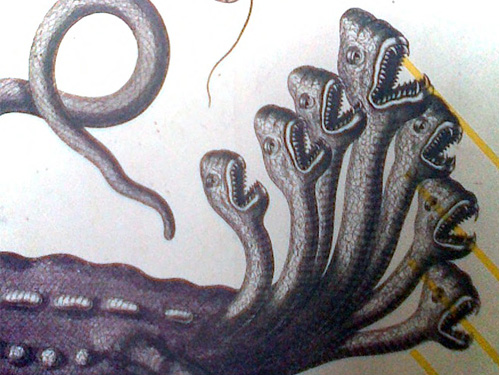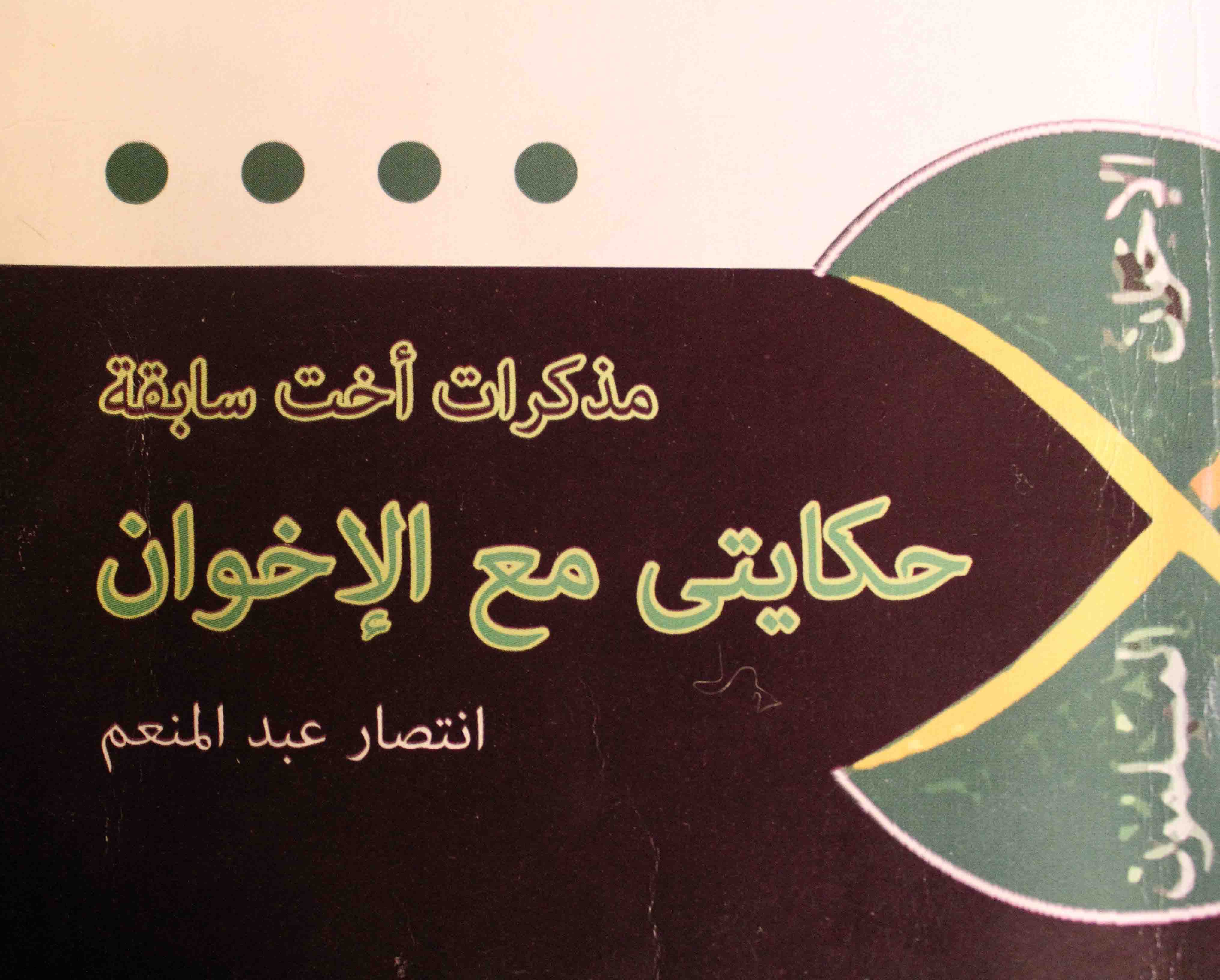In an exclusive gathering at downtown Cairo’s Greek Club on Monday, writer Amal Sedik Afifi celebrated the launch of her latest book, ‘Influenza el-Hemeer,’ or ‘Donkey Flu.’ A social and political satire, the book tells the story Amir Aly, a fictitious Egyptian archeologist living in the year 2360.
Amir personifies the typical oppressed Egyptian, who, despite his constant attempts to change his surroundings, inevitably winds up in the cruel hands of bureaucracy and corruption. Because of his innate genius, Amir soon becomes the target of two conflicting superpowers: the MacMacans–clearly the Americans–who lure him with money and fame, and the Pharos–Egyptians–who live on the planet of New Thebes next to the seventh sun, who want to benefit from Amir’s expertise in order to expand their waning empire.
Afifi’s book tackles a number of major social and political issues–such as overpopulation, water scarcity and the lack of democracy–within the context of the fantastic, with plentiful allusions to magic and time travel. Afifi juggles between poetic rhyming and modern colloquialisms, giving ‘Donkey Flu’ the feel of a children’s book rather than a novel for adults, with the copious use of slang serving to lighten the seriousness of the book’s otherwise grave concerns. Notably, all of the author’s previous books were written in classical Arabic.
“The book is an attempt to look at our reality in a fantasy air,” says the author. “Dealing with everyday problems entailed the use of street slang.”
The novel’s female protagonist is Donia, Amir’s wife, an absent-minded homemaker with a rapidly diminishing intelligence quotient perpetually glued to the television and completely detached from both her husband and her wider surroundings. According to Afifi, Donia is "the personification of all the passiveness and negativity in our society.”
Some parts of the book seem incoherent and contradictory. For example, Amir’s house is surrounded by a flowery garden, despite the dangerously high levels of pollution that envelops the earth a half-century into the future. Elsewhere, it is mentioned that the Nile River has dried up by the year 2360–yet Amir’s preferred means of transportation is a sail boat. What’s more, people of the future continue to read hard copies of newspapers and magazine, despite the ubiquity of electronic media. And on a technical level, the 143-page book suffers from plentiful typing errors and is in serious need of further proofreading.
But in general, ‘Donkey Flu’ is an easy and entertaining read; a wake-up call to Egyptians, reminding them of the desperate need to leave a positive legacy for future generations. "Winning football tournaments isn’t enough. We need accomplishments," says Afifi. “My novel looks back at the past, criticizes the present and wonders about the future.”
Despite the many problems faced in the Egypt of tomorrow, the book has a happy ending. After all, the author posits, the future could be a bright one if our leadership succeeds in retaining and nurturing young talent and opens windows of opportunity for those demanding change.
‘Influenza el-Hemeer’ is now available in paperback at all Diwan and El-Shorouk bookstores for 15 LE




